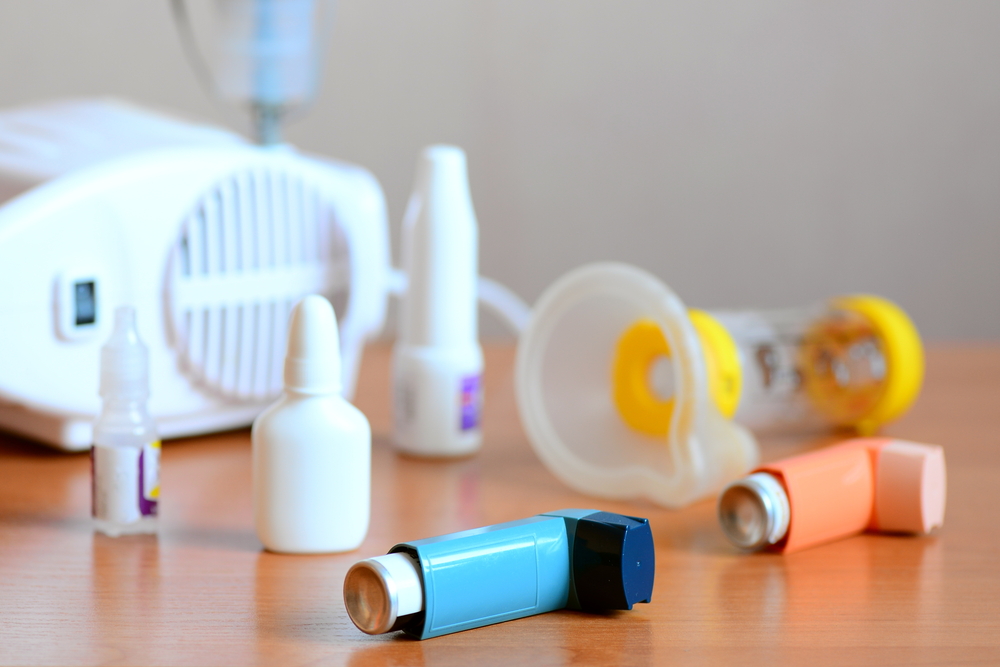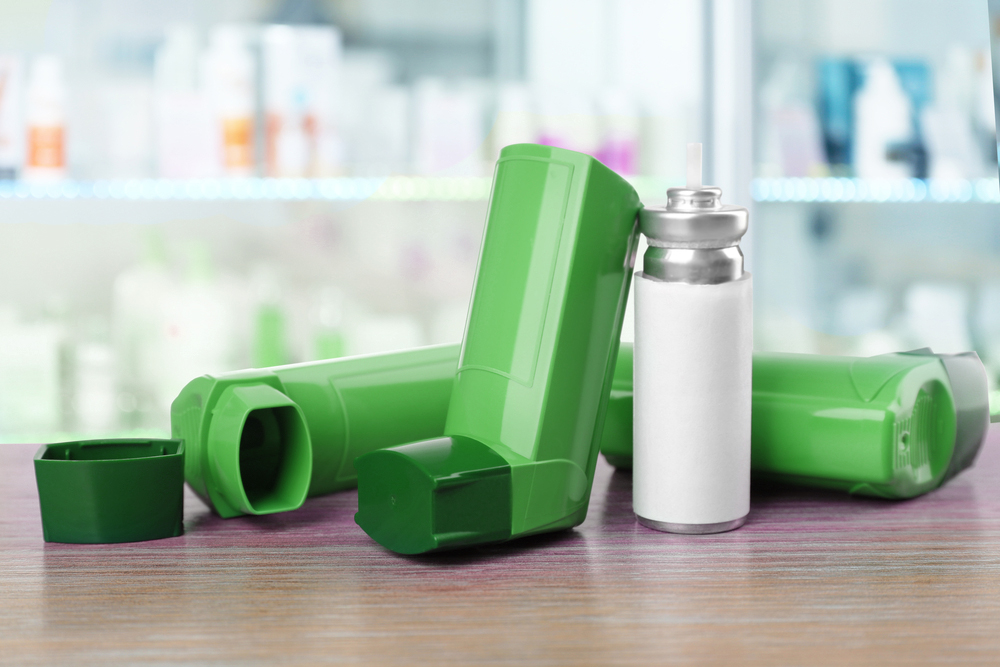
Inhalers and nebulizers are devices that both deliver asthma medications to your lungs. However, they differ in their structural design and mechanism of action.
Nebulizers are electric- or battery-powered machines that turn liquid asthma medicine into a fine mist, which is breathed in through a mouthpiece or mask worn over the nose and mouth. A nebulizer is generally used for people who can’t use an inhaler, such as infants, young children, people who are very ill or people who need large doses of medication.

Inhalers are hand-held, portable devices that deliver asthma medication to the lungs. There are three main types of inhalers.

Talk to your doctor for more information about inhalers and nebulizers for asthma. Shop at Watsons for asthma inhalers, nebulizers and other essential healthcare products for asthma patients.
References:
Overweight and obesity are defined as abnormal or excessive fat accumulation that presents a risk to health. A body mass […]
Around 27 million Filipino adults are overweight or obese, according to the latest National Nutrition Survey conducted by the Food […]
Advances in scientific and technological knowledge have provided unprecedented advantages in terms of immeasurable convenience in our daily living, lightning-fast […]